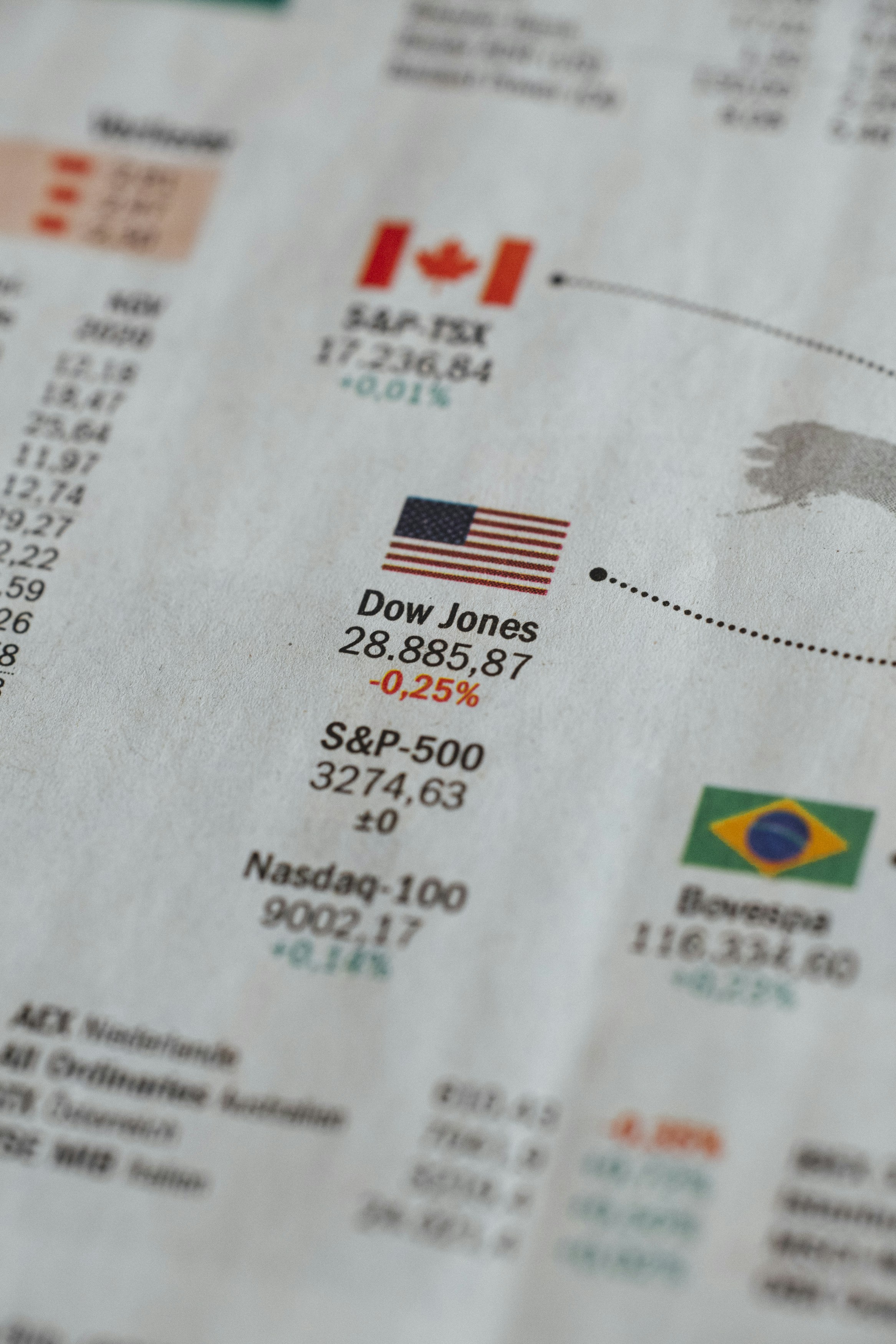
Overview of the Transaction
Recently, President Murphy of Progressive Corp executed a significant transaction by selling $1 million worth of shares in the company. This event, which has drawn the attention of investors and market analysts alike, involved a total of 15,000 shares sold at an average price of approximately $66.67 per share. The timing of this sale is particularly noteworthy, as it occurred during a period marked by fluctuating market conditions and varying investor sentiment towards the insurance sector.
In accordance with regulatory requirements set forth by the Securities and Exchange Commission (SEC), President Murphy filed a Form 4 disclosure shortly after the transaction’s completion. This required documentation is essential for maintaining transparency and ensures that investors are informed about insiders’ trading activities. Such disclosures allow for the monitoring of significant sales or purchases made by key company executives, which can serve as indicators of their confidence in the company’s future performance.
The decision to sell shares can be interpreted through various lenses. It is not uncommon for executives to divest portions of their holdings for personal financial planning or diversification purposes. However, large sales can also raise questions about the executives’ perspectives on the company’s current and future valuation. Given the recent trends in stock performance and earnings projections, investors are keenly observing the implications of Murphy’s transaction on Progressive Corp’s market position.
Investors should take note of the overall context surrounding this sale. The insurance industry has been subject to competitive pressures and regulatory changes, making any insider action a potentially significant indicator of broader market sentiment. As always, it is advisable for stakeholders to consider multiple factors and conduct thorough research before drawing conclusions based on individual transactions like this one.
Implications for Progressive Corp and Its Stock Performance
The recent sale of $1 million worth of shares by President Murphy of Progressive Corp has raised significant interest regarding its implications for the company’s stock performance. Insider trading, particularly by executives, often garners close scrutiny from the investment community, prompting questions about the motivations behind such transactions and their potential impact on shareholder confidence. Generally, when high-ranking officials sell off a substantial number of shares, it can create a perception of uncertainty or signal a lack of confidence in the company’s future performance.
Historically, insider sales have produced mixed reactions in the market. In some instances, they may lead investors to reassess their positions, fearing that executives possess foreknowledge of forthcoming challenges. Conversely, it can also be interpreted as a strategic move, enabling executives to diversify their investments or capitalize on favorable market conditions. For Progressive Corp, the market’s interpretation of Murphy’s decision will likely depend on the context surrounding his sale and the company’s current standing within the industry.
Progressive Corp maintains a solid position in the insurance sector, supported by a robust financial health profile marked by steady revenue growth and a significant market share. Nevertheless, recent economic fluctuations and competitive pressures could stir investor caution regarding future market trends and earnings potential. Analysts highlight the importance of performance metrics such as the price-to-earnings ratio and anticipated growth rates when evaluating Progressive Corp’s stock trajectory in light of Murphy’s recent transaction.
Ultimately, investors will closely monitor the situation, as shifts in stock performance following such insider sales can create ripples in market perception, creating opportunities or challenges depending on how the narrative unfolds. Vigilance in analyzing the broader economic indicators and Progressive Corp’s responsive strategies will be critical for stakeholders navigating this changing landscape.
Insider Selling Trends in the Industry
Insider selling is a common phenomenon observed across various sectors, including the insurance industry. Typically, insiders, such as executives and board members, sell their shares for a multitude of reasons that can range from personal financial needs to portfolio diversification. In many instances, these transactions do not necessarily reflect the company’s future performance or stability. Instead, they can be prompted by individual circumstances that may have little to do with the health of the organization itself.
Analyzing trends within the insurance sector specifically reveals a consistent pattern where insider selling is prevalent during certain market conditions. Industry benchmarks indicate that as companies reach peak valuations, insiders often capitalize on their stock holdings, leading to increased selling activity. This pattern can be observed in major firms similar to Progressive Corp, where executives liquidate portions of their equity to manage risk or fund personal investments. It is essential to understand that such actions do not inherently signal impending poor performance; rather, they can be seen as strategic moves in response to the financial landscape.
Understanding the motivations behind insider selling is crucial for investors. While large sales may raise red flags, it is important to contextualize these actions within the broader industry environment. For instance, during periods of economic uncertainty or regulatory changes, insiders might be inclined to reduce their exposure to market risks. Moreover, historical data suggests that the timing and volume of insider sales can significantly influence investor sentiment and market fluctuations. Thus, investors should conduct a thorough analysis, considering both an insider’s intentions and prevailing market conditions, before drawing conclusions about a company’s future performance based solely on insider transactions.
What Investors Should Consider Moving Forward
The recent sale of $1 million in shares by President Murphy of Progressive Corp has undoubtedly raised eyebrows among investors. As they contemplate their next steps, it is essential for them to take a measured approach. One primary strategy involves conducting thorough research into the company’s health and prospects. Investors should analyze quarterly earnings reports, scrutinize revenue growth, and assess Progressive Corp’s competitive position within its industry. This information will help gauge whether the insider selling is an indicator of potential trouble or merely a personal financial strategy by Murphy.
Moreover, monitoring the overall performance of Progressive Corp should not be overlooked. Keeping an eye on stock price movements, changes in management, or shifts in the company’s strategic direction can provide critical insights into its long-term outlook. It is also wise for investors to consider external market trends, as these often have a direct impact on stock performance. Economic indicators, sector-specific developments, and competitor activity can all influence investor sentiment and stock valuation.
Additionally, understanding the broader context of insider selling is paramount. Generally, such transactions can stem from various motivations, ranging from personal financial needs to strategic diversifications of investments. Thus, investors should not rush to draw conclusions or make impulsive decisions based purely on President Murphy’s actions. Instead, viewing this within the framework of an overarching investment strategy that balances risk and opportunity is crucial.
By remaining informed and adopting a strategic mindset, investors can effectively navigate this recent development. Evaluating the reasons behind insider selling and focusing on factual data will empower them to make sound investment decisions, turning potential concerns into informed opportunities.


